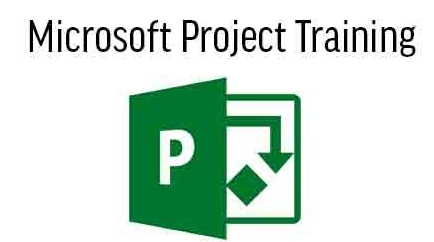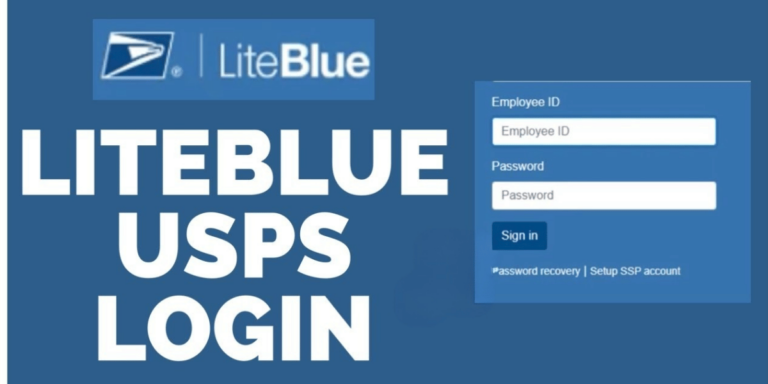Why Are Marketing Teams Flocking To Microsoft Project Training Course
Asenqua Tech is reader-supported. When you buy through links on our site, we may earn an affiliate commission.
As digital channels and campaign complexity explode, coordinated planning between creative, content production, sales enablement and data analytics units represents marketing’s biggest opportunity and challenge. While collaborating cross-functionally drives innovation, it also risks delayed deliverables, stray budget dollars and friction without structured workflows. Increasingly, savvy marketing leaders now require staff to take Microsoft project training course from premier institutes like PriorityManagement to introduce simple yet powerful frameworks for streamlining campaign and initiative management cooperatively.
Over 80% of Fortune 500 brands rely on Microsoft Project for optimizing marketing project success. With customized training tailored to the fast-moving departmental context, employees gain practical skills for enhanced productivity, visibility and data-driven decisions steering strategic work collectively. Here’s a closer look at why Microsoft project management upskilling is surging in popularity across global marketing departments today.
Models Cross-Team Accountability
Like herding cats…that’s how veterans often describe coordinating stakeholders on complex marketing efforts like rebranding. But Microsoft Project’s streamlined interface visualizes workloads, durations and hand-offs across involved groups. With training, marketers easily outline critical paths mapping what teams complete when for synchronized progress. Individuals gain a clear sight line into respective assignments while also understanding dependencies on colleagues. This modelling fosters ownership plus transparency around delays holding back deliverables. Rather than relying on frantic status emails, elegant Gantt charts focus productivity.
Provides Universal Language
Every discipline from IT to creative apply different frameworks making it tough to sync interim goals and tasks internally. This fuels chronically siloed work. But with company-wide adoption, Microsoft Project training establishes a shared vocabulary and standards around managing collborative work. Technical and non-technical marketing personnel can break down broader objectives into digestible workflows using common software tools. Teams unite around tangible stepping stones guiding what needs prioritizing daily, weekly, monthly amidst collective efforts. Universal terminology and visibility unifies groups.
Empowers Data-Based Decisions
Marketing departments run on instinct and intuition. But when coordinating resources across pivotal growth drivers like digital analytics expansion or martech migration, guesswork fails. Microsoft Project uses hard metrics capturing real-time progress so leaders take corrective actions based on targets missed or exceeded, not speculation. The intuitive dashboard also forecasts downstream impacts from current trends to minimize surprises. Rather than feeling overwhelmed, data quantifies paths for rallying team energy, resources.
Adapts to Shifting Priorities
The average campaign involves over 12 stakeholder approvals, so adjusting course quickly becomes complex. Unlike clunky Gantt charts, Microsoft Project integrates with Office 365 apps teams already use daily. With real-time updates pushed to tasks lists, progress bars and personalized views as changes warrant, flexibility becomes baked in. Teams stay on top of underlying dependencies requiring re-scoping when, say, supply chain kinks delay collateral. Smooth visibility handling disruption minimizes fire drills down the line.
Promotes Early Risk Planning
Typically no contingency plans exist when marketing efforts veer overtime or budget. But Microsoft Project training provides methodologies for pinpointing uncertainties beforehand through risk breakdowns and mitigation tactics. Rather than reacting hastily, teams proactively realign aroundPlan B scenarios if say, key hiring stalls or the chosen PR firm shutters unexpectedly. Developing resilience to worst case situations via tools training empowers teams to swiftly course correct amid volatility.
Conclusion
As cross-channel strategies steer marketing, coordinated workflows grow indispensable for achieving execution excellence. While adhoc tools breed confusion, Microsoft Project skills cultivate clarity, ownership and nimble adaptations into departmental DNA – key pillars for modern marketing agility. With staff fluency, teams finally speak identical language to turn disparate visions into game-changing customer experiences.






